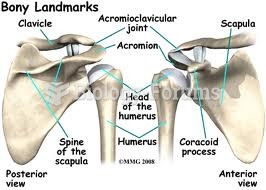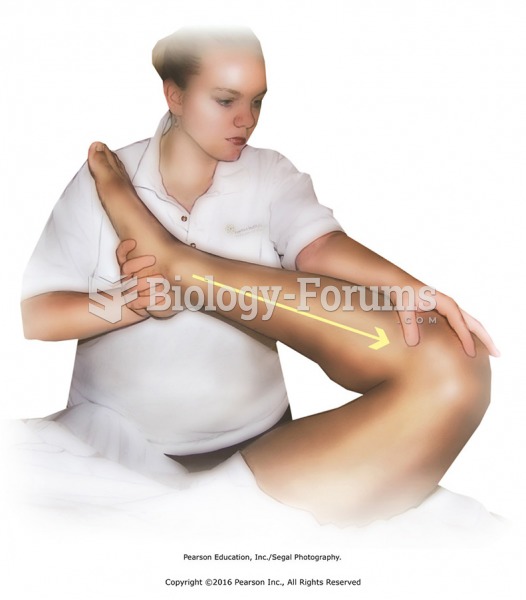This topic contains a solution. Click here to go to the answer
|
|
|
Did you know?
In most cases, kidneys can recover from almost complete loss of function, such as in acute kidney (renal) failure.
Did you know?
Bacteria have been found alive in a lake buried one half mile under ice in Antarctica.
Did you know?
Everyone has one nostril that is larger than the other.
Did you know?
In 1835 it was discovered that a disease of silkworms known as muscardine could be transferred from one silkworm to another, and was caused by a fungus.
Did you know?
The people with the highest levels of LDL are Mexican American males and non-Hispanic black females.
 Basic sliding effleurage to the lower leg. Apply from heel of foot to knee. Conform hands to contour ...
Basic sliding effleurage to the lower leg. Apply from heel of foot to knee. Conform hands to contour ...
 Passive movement of the hip through its full range. With one hand just above the knee and the other ...
Passive movement of the hip through its full range. With one hand just above the knee and the other ...





